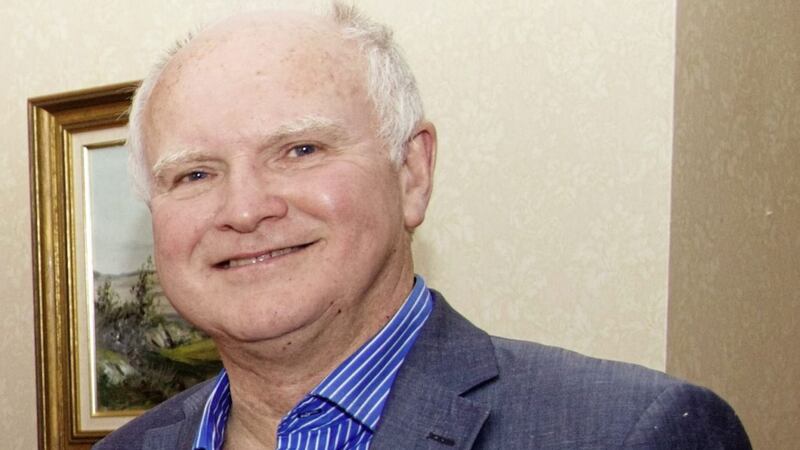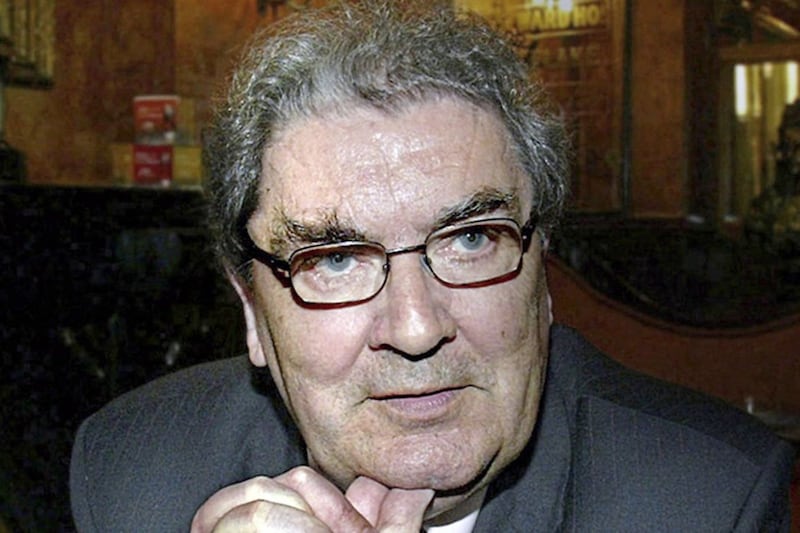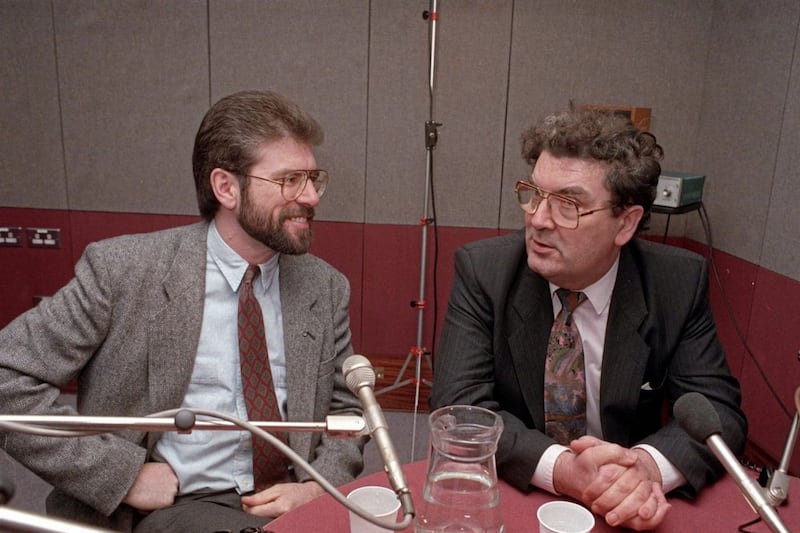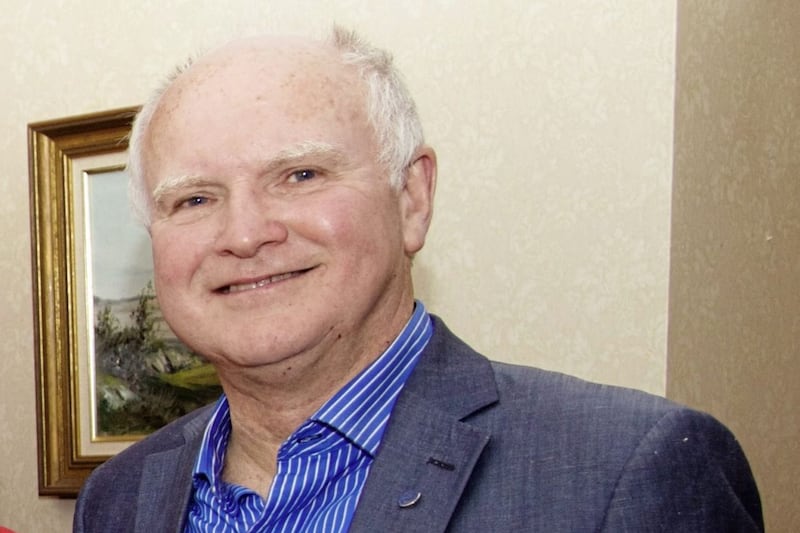A PROPOSAL by a leading Irish-American in 1996 that a new IRA ceasefire might be guaranteed by the Irish and US governments was questioned by the Northern Ireland Office.
In a memo dated December 30, 1996, Quentin Thomas of the NIO referred to a proposal by Frank Costello, an Irish-American historian and Chief of Staff to Congressman Joe Kennedy, that a new IRA ceasefire might be underwritten by the Irish government, backed by the Clinton administration.
This would be coupled with a guarantee by the British government that Sinn Féin would gain early entry to the peace talks process on equal terms with other political parties.
However, the official, who had put the idea to the Ulster Unionist MP Roy Beggs, felt that it was not clear that the idea could achieve the support of Sinn Féin and the IRA, the Irish government or the US administration.
It was unlikely, he felt, that these governments would be prepared to guarantee a ceasefire by a paramilitary organisation.
The proposal came in the wake of increasing divisions on decommissioning among the local political parties.
In a note dated December 17, 1996, an NIO official noted that "throughout the day, the dominant note was of a UUP bugle sounding the retreat from the apparently promising position on decommissioning" which had been developed in meetings with the SDLP and Alliance.
During discussions between the British and Irish sides on November 19, 1996, leading Irish official, Sean O hUiginn said that they were beginning to "run out of road" on decommissioning.
Read more:
- Gerry Adams 'shocked and horrified' at Shankill bombing?
- John Alderdice believed Martin McGuinness 'an evil man'








